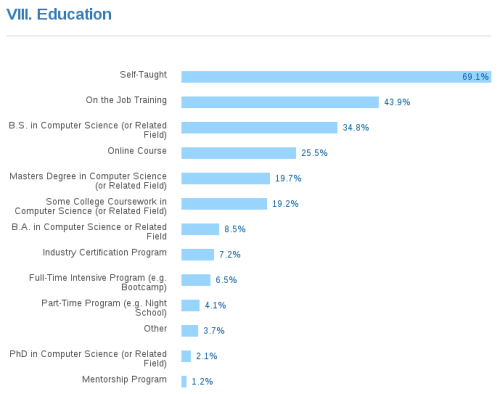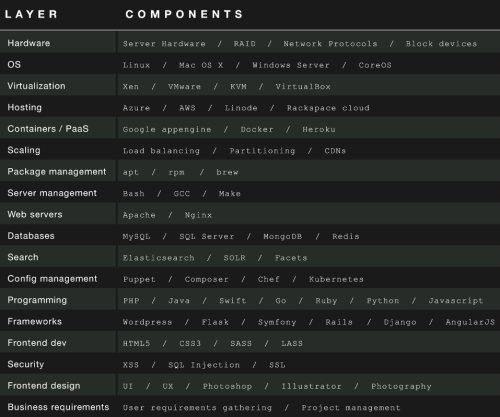I enjoyed reading the article “Why Some People Get Promoted (And Others Don’t)“. Unlike many other in this domain, it is simple, direct, and to the point. TLDR version:
- Do great things.
- Tell people.
There are quite a few links to external resources, with research and insightful quotes. Here are a couple of my favorite bits:
‘[S]ent does not mean received’ is a profound thing. Half of your job in this studio is doing your work, the other half of your job is communicating that it’s been done. Because if you do it, and I don’t hear about it, how do I know what’s going on? I’m not trying to control everything, but in an intimate work environment, where we’re really trying to develop something complex, a nod, saying, ‘I got it,’ helps move things along.
And this part, which resonates with my inner blogger:
Asking for help is part of getting better at your job.
3. Work where people can see you.
Gaining visibility might require going outside your office. Maybe you have a side project, or maybe your work culture isn’t a healthy environment to pursue visibility.
Promoting yourself doesn’t have to be on someone else’s terms. Write a book, start a blog, make a side-project, collaborate with new people outside of work, or speak at panels and conferences. Tell people about what you’ve done, what you’re doing, why it’s important, and how you did it. Give talks, teach others, raise your hand for new projects.

